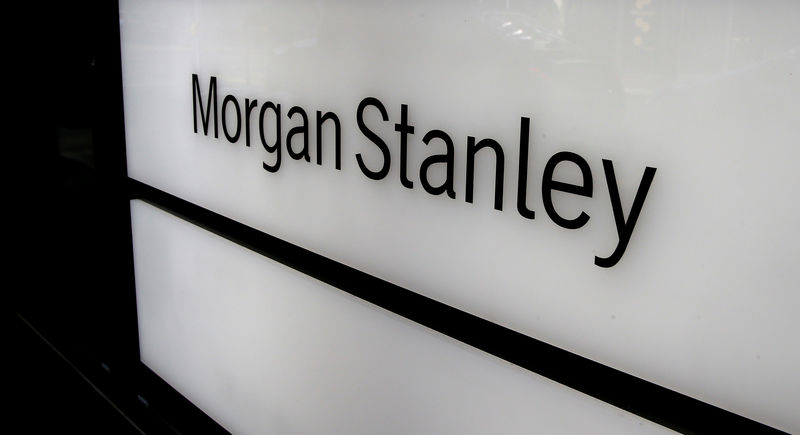© Reuters. FILE PHOTO: U.S. one hundred dollar notes are seen in this picture illustration taken in Seoul February 7, 2011. REUTERS/Lee Jae-Won/File Photo
By Matt Tracy
(Reuters) – U.S. junk-rated companies are using a more favorable debt issuance window this year to extend billions of dollars of short-term liabilities. But they were doing so at a high cost which will weigh on their margins and interest coverage ratios over the coming quarters, said a report by Morgan Stanley.
The amount of junk-rated bonds and loans due in 2024 has roughly halved over the course of 2023 by $70 billion, with the overall debt load due by year-end 2025 down nearly 35% compared to year-end 2022 levels, the report said.
Junk bond issuance has spiked in recent months on the back of strong demand after a broad rally in risk assets and increasing optimism on growth.
Twelve high-yield issuers have raised $9.6 billion this week, making it the busiest week since November 2021, according to JPMorgan.
Through August-end, 129 junk-rated borrowers raised $111 billion issuing new bonds. Ninety of these borrowers used the money raised to refinance, the report noted.
“Despite the progress in addressing very near-term maturities, the proportion of debt due within 3 years remains elevated vs. history,” the report said.
Refinancing is also coming at a higher cost. Junk bond issuers are now paying roughly 100 to 300 basis points more in coupons on new refinanced debt relative to in-place coupons, according to the report. Leveraged loan issuers are paying 60 to 250 basis points more when they refinance their loans.
But the opportunity to refinance is not open to all junk-rated issuers.
“We think defaults should inch above long-term averages given the lack of sponsorship for the weakest names, and downgrades from B- to CCC should remain elevated,” it said.
The riskiest leveraged loan issuers – particularly those rated B3/B- or lower by Moody’s (NYSE:) and S&P – make up a major share of the debt due next year.
Read the full article here













